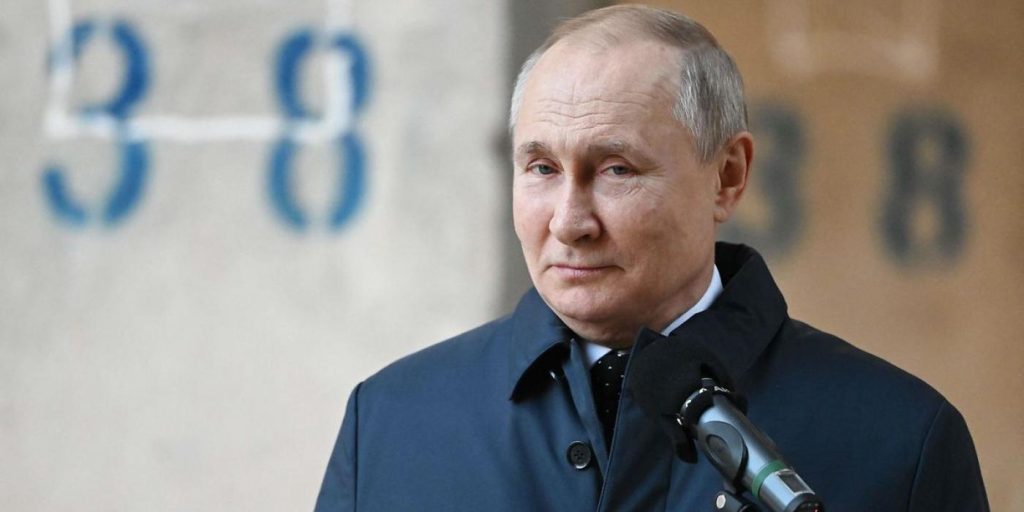The Russian army’s current state of weakness suggests that NATO-aligned countries are safe from any immediate threats posed by Putin, according to researcher Mark Galeotti. Galeotti, a British expert on Russia, believes that President Vladimir Putin is unlikely to emerge from the conflict in Ukraine as Russia’s leader.
Others are reading now
Mark Galeotti has extensively studied Russia’s governance, security services, and organized crime throughout his career. He has authored 26 books, primarily focusing on Russia. Galeotti predicts that Putin’s reign will most likely end with his inner circle eventually sidelining him. “There are increasing signs of a scenario where Putin is forced to resign. He will be offered protection and a comfortable retirement,” Galeotti mentioned in an interview with Yle.
This fate mirrors that of Russia’s last Tsar, Nikolai II, in February 1917, when the country was losing in World War I. Generals and politicians informed the Tsar that he had to abdicate. Nikolai II spent over a year under house arrest and in captivity before being executed by the Bolsheviks, along with his family, in 1918. Galeotti emphasizes that such a scenario is not imminent. There’s also the possibility that Putin, now 70, might face health issues.
Galeotti is of the opinion that Putin is waging his final war. The conflict in Ukraine has significantly weakened Russia’s military capabilities, making it improbable for Putin to deploy troops elsewhere. Despite Russia’s efforts to bolster its garrisons near the Finnish border, it has been diverting more equipment to Ukraine. “The Russians fully understand that they cannot credibly threaten or challenge NATO in the foreseeable future,” Galeotti states.
Also read
He suggests that Finland and other NATO countries should now focus more on countering Russia’s covert operations and cyberattacks than on traditional threats of invasion.
Galeotti’s recently published book, which translates to “Putin’s Wars from Chechnya to Ukraine”, delves into the wars initiated by the Russian president in Chechnya, Georgia, Crimea, Eastern Ukraine, and Syria. According to Galeotti, these relatively minor conflicts went so smoothly that they made Putin overconfident about Russia’s military prowess. This overconfidence led to a massive assault on Ukraine, which Galeotti describes as a fatal mistake. “One success after another paved the way for a massive and catastrophic defeat,” he says.
The error was compounded by Putin’s decision to launch the attack in a manner contrary to Russian military doctrines. The assault lacked unified leadership, did not commence with massive air and cyber strikes, and the troops deployed were insufficient. Ukrainians fiercely resisted, contrary to Putin’s expectations of a swift surrender. “In this sense, Putin himself was the secret weapon of the Ukrainians,” comments Galeotti.
Currently, Russian forces are stuck in Ukraine and are not capable of launching major offensives. Even with a likely upcoming large-scale mobilization, the new troops will be poorly equipped, inadequately trained, and lacking the will to fight.
However, Russia’s game is not over. The strategy now is to fend off Ukrainian counterattacks until winter and rain slow down advances. The winter will be used to construct more fortifications and minefields in anticipation of intensified battles in the spring.
Galeotti believes that Ukraine is on the path to victory, either through military means or negotiations. A potential agreement could involve placing Crimea under international supervision or determining its fate through a referendum. Ukraine would also need assurances that Russia won’t threaten it from across the border. Galeotti concludes, “Such negotiations are unlikely as long as Putin is in power. A new administration might say it was Putin’s war, not ours.”


